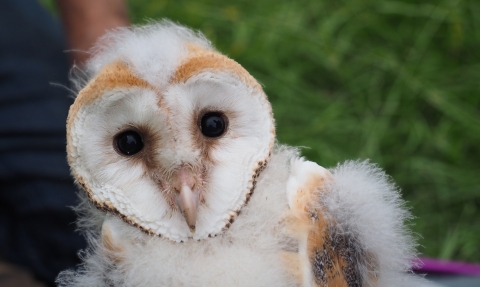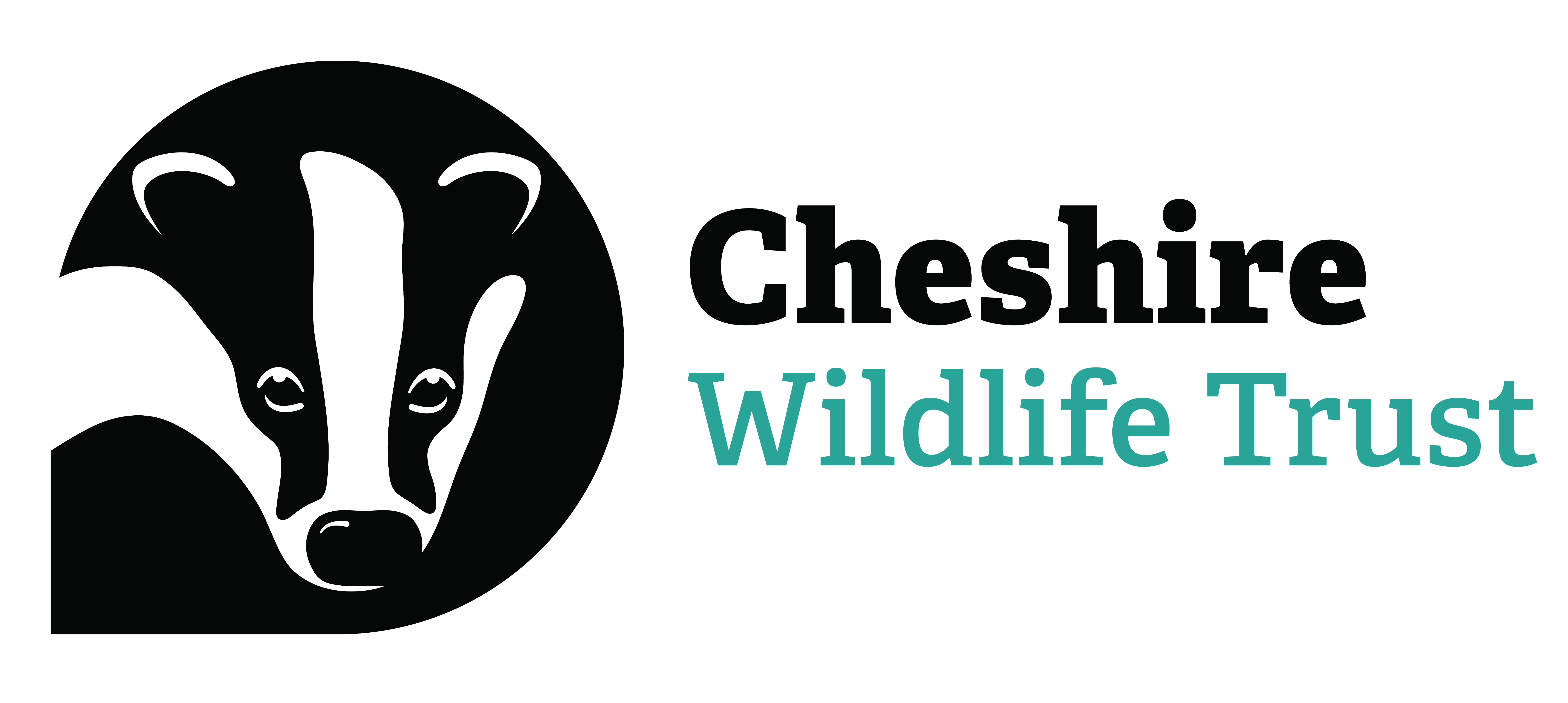
Barn Owl c. Natalie Webb
Reporting a wildlife crime
Wildlife laws are in place to protect nature; these laws operate at UK and European levels.
What is wildlife crime?
Wildlife crime includes:
- poaching
- killing protected species
- disturbing protected species
- damaging the breeding and resting places of protected species
- illegally trading in endangered species
Wildlife crime can take many forms and it can be difficult to know what constitutes a crime. These range from organised crimes, such as the trade in endangered species, to people shooting at birds with air guns.
The Wildlife Trusts is a member of the Partnership for Action Against Wildlife Crime (PAWS UK). PAWS UK helps statutory and non-government organisations to work together to combat wildlife crime.
Below are examples of wildlife crime and if you believe you may have witnessed any of these, please share this information to assist in bringing offenders to justice.
If there is a wildlife crime taking place, call 999 or for a non-emergency call 101. If you would like to give information regarding a crime anonymously, call Crimestoppers on 0800 555 111.
Badger persecution
Despite being protected under The Protection of Badgers Act (1992), badgers still suffer persecution from those using dogs to dig them from their setts. If you are aware or suspicious that an active sett has been disturbed, please report it. Signs to look for are recently moved earth, human/dog footprints, blood or fur around the sett or objects blocking the entrances to the sett.
Bat persecution
All bats, their breeding sites and resting places are specially protected by the Conservation of Habitats and Species Regulations 2010 and the Wildlife & Countryside Act 1981. If bats are roosting in roof spaces it is unlawful to disturb or move them. Natural England can provide advice on bat mitigation licences if you need to disturb a bat roost.
Illegible trade in CITES species
The illegal wildlife trade immediately brings to mind exotic species and it's true that the most commonly traded items are elephant ivory, rhino horn, tiger parts and live animals such as primates and reptiles. However, wildlife from the UK is in demand abroad, including wild-taken birds that can be sold overseas.
If you see an CITES protected plant or animal species, live or in parts, for sale either online or in person, please do report it.
Freshwater pearl mussels
This is an endangered species found only in rivers in Scotland and parts of England. It is an offence to kill, take or injure these mussels, or to intentionally or recklessly damage or destroy a place which mussels use for shelter or protection.
Poaching/coursing
Hare coursing is one of the most common examples of illegal poaching, with dogs used to flush out hares. Signs to look out for, if you suspect individuals of deer, hare or badger poaching, are a group of vehicles parked at night in a rural area (by a gateway to a farmland, on a grass verge, on a farm track) which may show evidence of dogs inside. Other indications are suspicious looking road kill or the discovery of bait, traps and snares.
It's not just game that are covered under this. Fishing without a license in private fisheries or rivers is also a poaching offence.
Drag and trail hunting
Hunting wild animals with dogs was banned in England and Wales by the Hunting Act of 2004.
Drag hunting, whereby an artificial scent is laid along a pre-defined trail, with landowners permission, is a lawful countryside pursuit. The activity involves people on horseback and on foot following a trail with hounds without a fox being chased, injured or killed.
The recent emergence of Hunting Office webinars led to a prosecution on the grounds that trail hunting, by means of using a fox-based scent, is being used by some as a cover for illegal hunting. Such activities should be viewed as wildlife crime and be dealt with by the police. Cheshire Wildlife Trust opposes any activity that causes damage to habitats or harm to wildlife whether deliberate or accidental and will alert the police if it has any evidence that a wildlife crime has been committed.
Hunting by, whatever means, on land that is protected for wildlife could cause an offense under the Wildlife and Countryside Act. Our nature reserves contain habitats and species that are sensitive to damage and disturbance and therefore Cheshire Wildlife Trust does not permit trail or drag hunting on the land that it owns and does not issue any licenses for such activities.
Wildlife Crime related Acts and Directives
Information on all law and legislation can be found on the Government website.
How to report a wildlife crime
If you suspect that a wildlife crime has been committed, call 101, the non-emergency number. If you would like to give information regarding a crime anonymously, call Crimestoppers on 0800 555 111.
If you're unsure whether an act constitutes wildlife crime, seek advice from a legal professional or specialist organisation. Many police forces have Wildlife Officers, whilst statutory bodies such as DEFRA and Natural England, may also be able to help.
Be aware that you should always seek qualified legal advice if you are seeking to avoid prosecution or intending to bring a prosecution.
